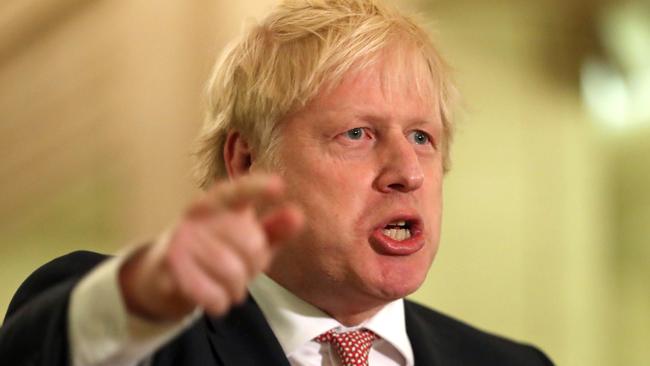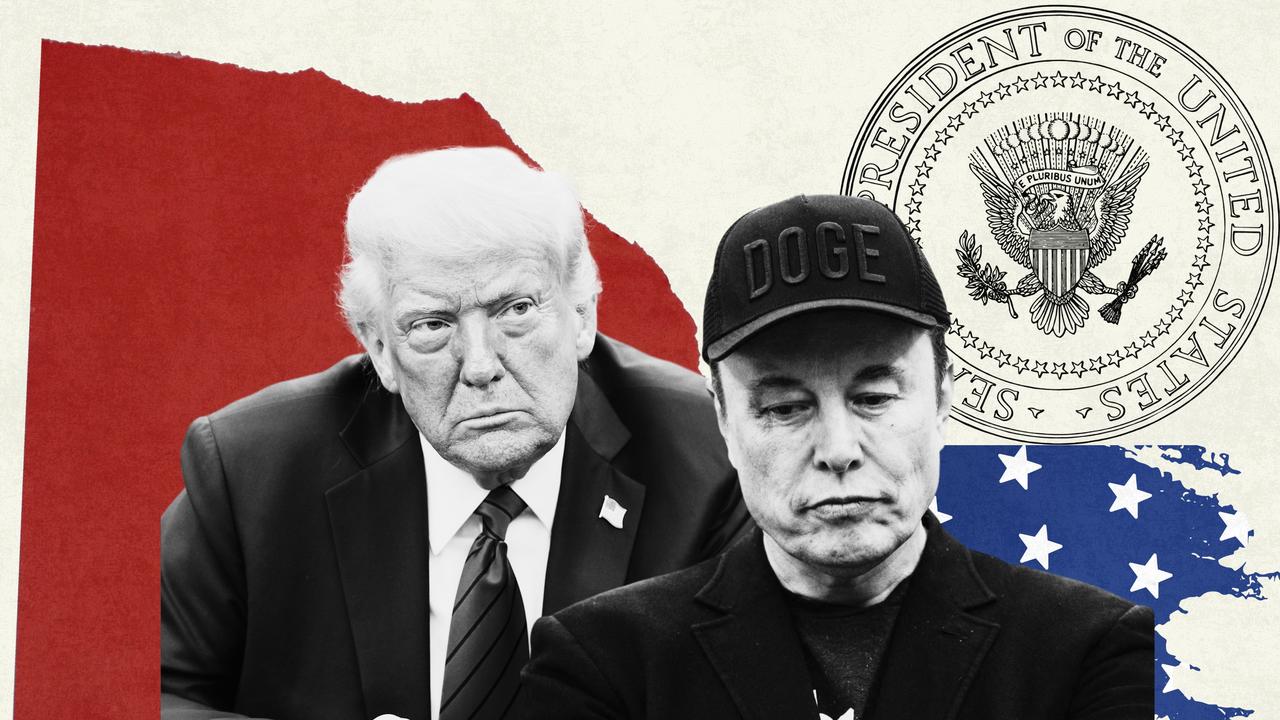Huawei decision risks sour relations between Britain and US

That’s just another way of saying to Washington and Beijing: make us an offer. Call me naive, but that’s not how national security should work.
In the US, London has a primary ally which has already barred its own government suppliers from using kit that poses a risk to national security. This week it sent a high-powered team to London to set out the loopholes in Huawei equipment, the potential for backdoor access for the Chinese authorities, the legal requirement to co-operate with the government if requested, and the espionage activity by former Huawei employees.
Most of this is already familiar to Britain’s securocrats but bears repeating; the significance of the mission in any case was not so much the information conveyed as the sense that US President Donald Trump was taking a personal interest in the forthcoming session of the British national security council that is due to rule on Huawei.
This presumption by Washington that Johnson will bend on Huawei may persuade him to dig in his heels; a flicker of stubborn resistance could help him shed the impression that he is Trump’s poodle. And he may be convinced by the commercial argument that the British app development industry, by getting on board with 5G early, could trigger a tech boom.
Huawei has had close technical ties with Britain since 2002. After a plainly unsatisfactory period when Huawei essentially monitored its own activities in Britain, former staff at the British spy agency GCHQ were given the job of testing Huawei products.
That has given at least part of the intelligence community, most recently and most publicly Sir Andrew Parker, head of the MI5 spy agency, the confidence that the Huawei risk can be “managed”. All that might tip the balance in Huawei’s favour.
It’s difficult to imagine a more reckless gamble. The presumption of the White House is more than matched by the swagger of Beijing. Former Chinese army officer Ren Zhengfei, founder and chief executive of Huawei, said of the British in August: “I think they won’t say no to us as they go through these rigorous tests.”
Yet the plan to confine Huawei’s participation in 5G to “non-core” equipment, to the supposedly harmless stuff, ignores the way that 5G blurs the distinction between core and non-core activities. The mass of data that will be moved at high speed will overwhelm most of the legal safeguards that have been put into place by EU legislation.
The transformational aspect of 5G places the industry at the heart of Britain’s critical infrastructure and the coming revolution in the way that the armed forces are organised. The US fear is that if Britain lets Huawei into its 5G everyone in Europe will follow suit.
When Britain leaves the EU at the end of the month, it will lose access to some important instruments that made the country safer.
Membership of the Schengen Information System II helps track a terrorism suspect’s movements as he travels overland from Turkey to Bulgaria and then flies on to Spain and elsewhere in the EU before entering Britain. If he was creating a system of sleeper cells, Britain could reconstruct this quickly. If another suspect used an alias to fly to Britain, the EU Passenger Name Record Program allows London to discover his true identity. The European arrest warrant ensures that the Russians who tried to kill Sergei Skripal and his daughter could be extradited to Britain as soon as they set foot on the soil of an EU country. It could well be that Britain, having left these schemes, can find a way as a third country to opt in again but it won’t be straightforward.
For European neighbours, Britain’s credibility as a top intelligence player rests largely on the closeness of our services to those of the US. Yet opting for Huawei, opening up the floodgates for Chinese 5G dominance, could well sour that relationship with America.
Five Eyes — the anglosphere intelligence-sharing club of the US, Britain, Australia, Canada and New Zealand — depends on secure communications. Australia was the first to recognise that an invitation to Huawei was tantamount to leaving the back door unlocked. In 2018 it asked its top spooks: “With all the offensive cyber-tools at its disposal, what harm could China inflict if it had access to equipment installed in the 5G network of a target nation?” The answer came back: critical infrastructure could be seriously sabotaged. And a proper public consultation got under way.
Britain seem to be intent on doing this without talking aloud about that question: “What harm could China inflict?” Instead, our tiny, secretive national security council decides, sometimes on the narrowest of margins, whether to follow the advice of a divided intelligence community. Huawei is above all else a political decision and the issues should be exposed to some sunlight.
At the very least, Britain should be working out the criteria for what constitutes a trusted provider of strategic goods. A country that seeks to merge Big Brother with Big Data, that creates a surveillance state at home and pilfers intellectual property, should not be the partner of choice, however hungry Britain is for foreign investment.
The Times



Britain has become a default battlefield for the US and China as the two big powers compete for technological dominance in the 21st century. It’s not a comfortable position. Britain has become a bit like pre-First World War Belgium, waiting to be trampled upon by the boots of foreign armies, but Boris Johnson seems to be relishing the moment. If you don’t want us to invite in Huawei to install our 5G networks, the British Prime Minister blurted this week, tell us the alternatives.